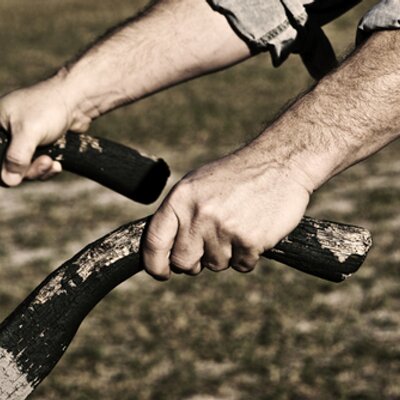
Earlier this year, a commentator on a morning TV sports talk show suggested it was time for a veteran NFL quarterback to test the free agent market.
Assessing the strains of the player’s relationship with his current team, the commentator said, “It’s like a marriage. It’s run its course.”
That seems an apt summary of our culture’s half-hearted commitment to the notion of commitment.
We live in the midst of widespread acceptance of the idea that if your job is disappointing, if your family is holding you back, if your love life isn’t bringing you all the joy you deserve, maybe those relationships have run their course. If previous generations viewed life as a set of responsibilities, more recent generations tend to see existence as a series of adventures to be pursued. And if my current obligations are making painful demands, maybe it’s time to test the free agent market.
Americans are currently wrestling with a question that wouldn’t have occurred to most of our grandparents: If it doesn’t make me happy, why should I be committed to anything at all?
The answer is voiced by the mechanic in those old Fram Oil Filter commercials: “You can pay me now, or pay me later.”
There’s nothing easy about parenting. It drains our time, our money, and our energy. But if we don’t make genuine sacrifices in the present moment – figuring out how to home-school our kids, walking with them through adolescent heartaches, enduring their complaints that we are ruining their lives – our children will suffer. Unless we experience pain now, they will experience much greater pain later – the pain of being woefully unprepared to thrive in our rapidly changing world.
Heartfelt commitment, in other words, is often a gift we give to future generations.
Social commentator Fareed Zakaria remembers reading about a South African judge who came to speak to American college students. Coming from a nation in the throes of life-and-death issues – putting an end to the policy of apartheid, wrestling with forgiveness for those who had committed high crimes – she was startled to discover that U.S. newspapers chiefly addressed superficial issues. “She concluded,” Zakaria writes, “by fervently hoping that one day her country would be normal enough to have its papers filled with trivia.”
John Adams famously wrote during the Revolution, “I must study politics and war, that our sons may have liberty to study mathematics and philosophy. Our sons ought to study mathematics and philosophy, geography, natural history and naval architecture, navigation, commerce and agriculture, in order to give their children a right to study painting, poetry, music, architecture, statuary, tapestry, and porcelain.”
Pay me now or pay me later.
One of the best reasons to do today what seems particularly hard is that it has the power to provide a better tomorrow for those who follow.
But there’s an even better reason.
Jesus calls us to a life that author Eugene Peterson describes as “a long obedience in the same direction.” When pressed by wannabe disciples, Jesus seems to go out of his way to make it clear that following him will never be easy or comfortable.
“No one who puts a hand to the plow and looks back is fit for service in the kingdom of God,” he says (Luke 9:62). In the agricultural world of the first century, “putting your hand to the plow” was a way of saying, “I mean business.” Plowing a field was hard work. As every farmer knew, “looking back” was a coded way of admitting, “I really wish I was doing something else.”
But isn’t Jesus the one who talks about his Father’s unshakable love, welcomes outcasts and losers, and extends his mercy to people who fall flat on their faces?
Yes.
But after such gifts of Extreme Grace, this is what comes next: If we’re ready to align ourselves with Jesus, we must put our hands to the plow and keep looking straight ahead.
Life will always involve challenges that will tempt us to look somewhere else for better happiness providers.
But God promises that what we choose to endure in the present moment will open doors to a lifetime of better tomorrows.
